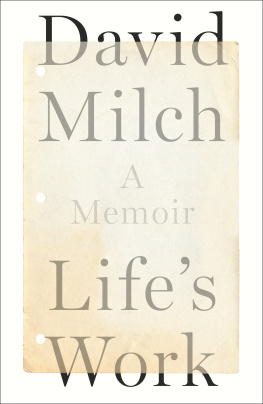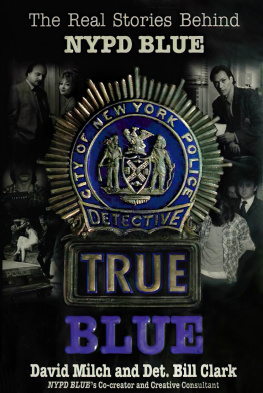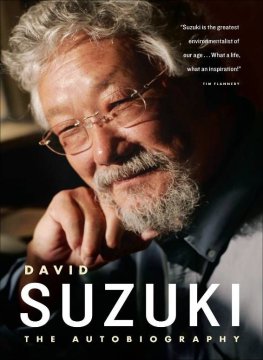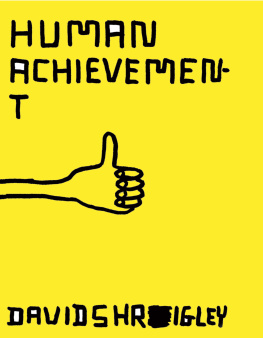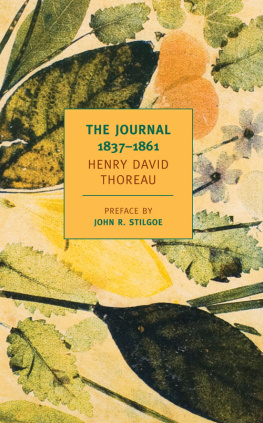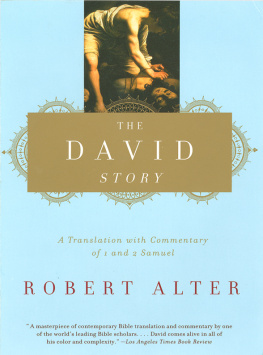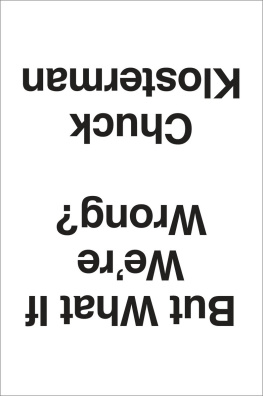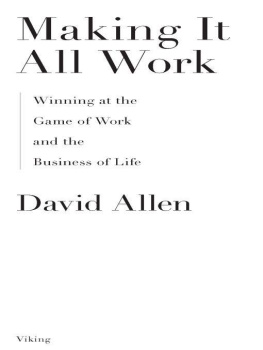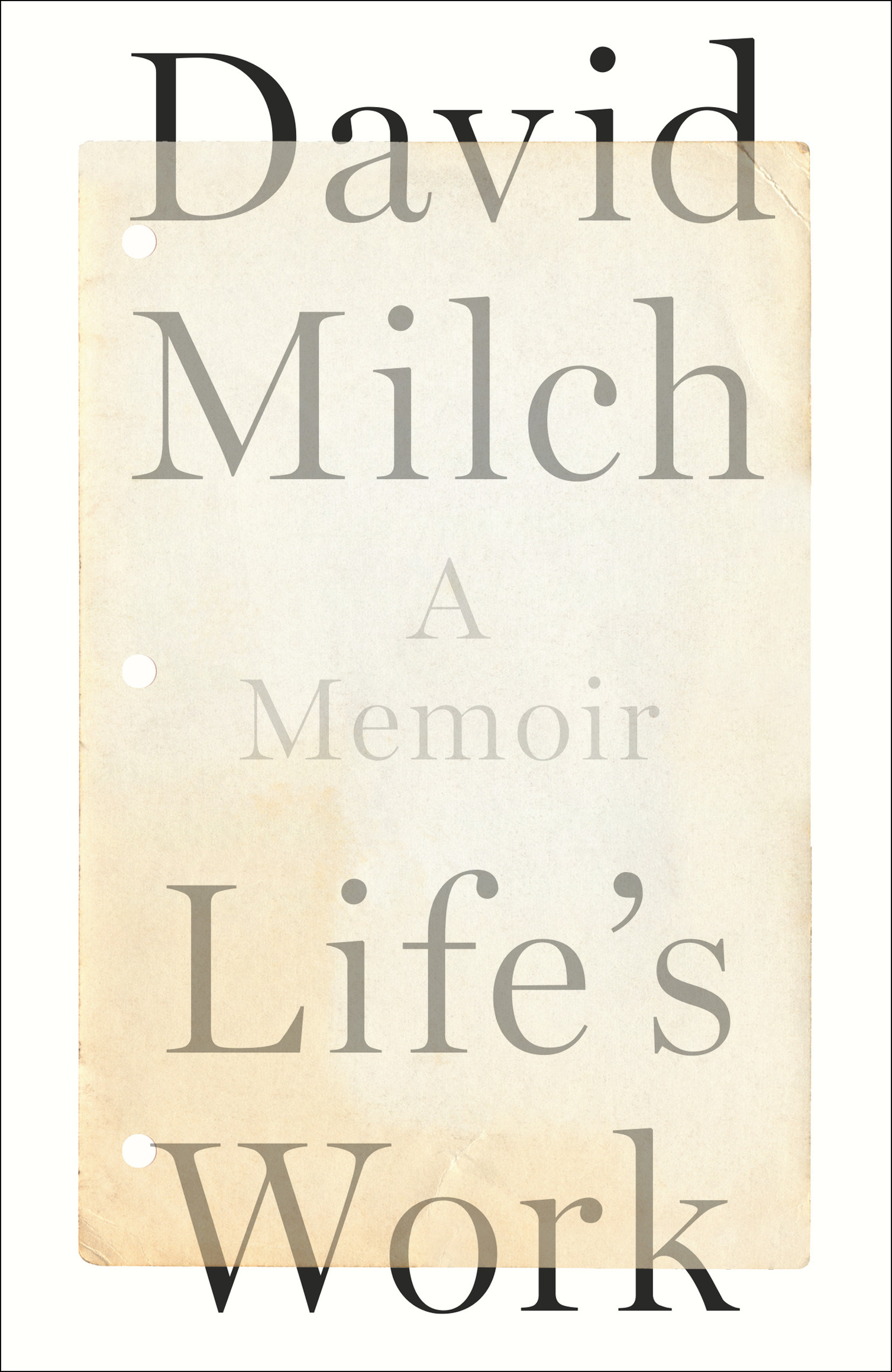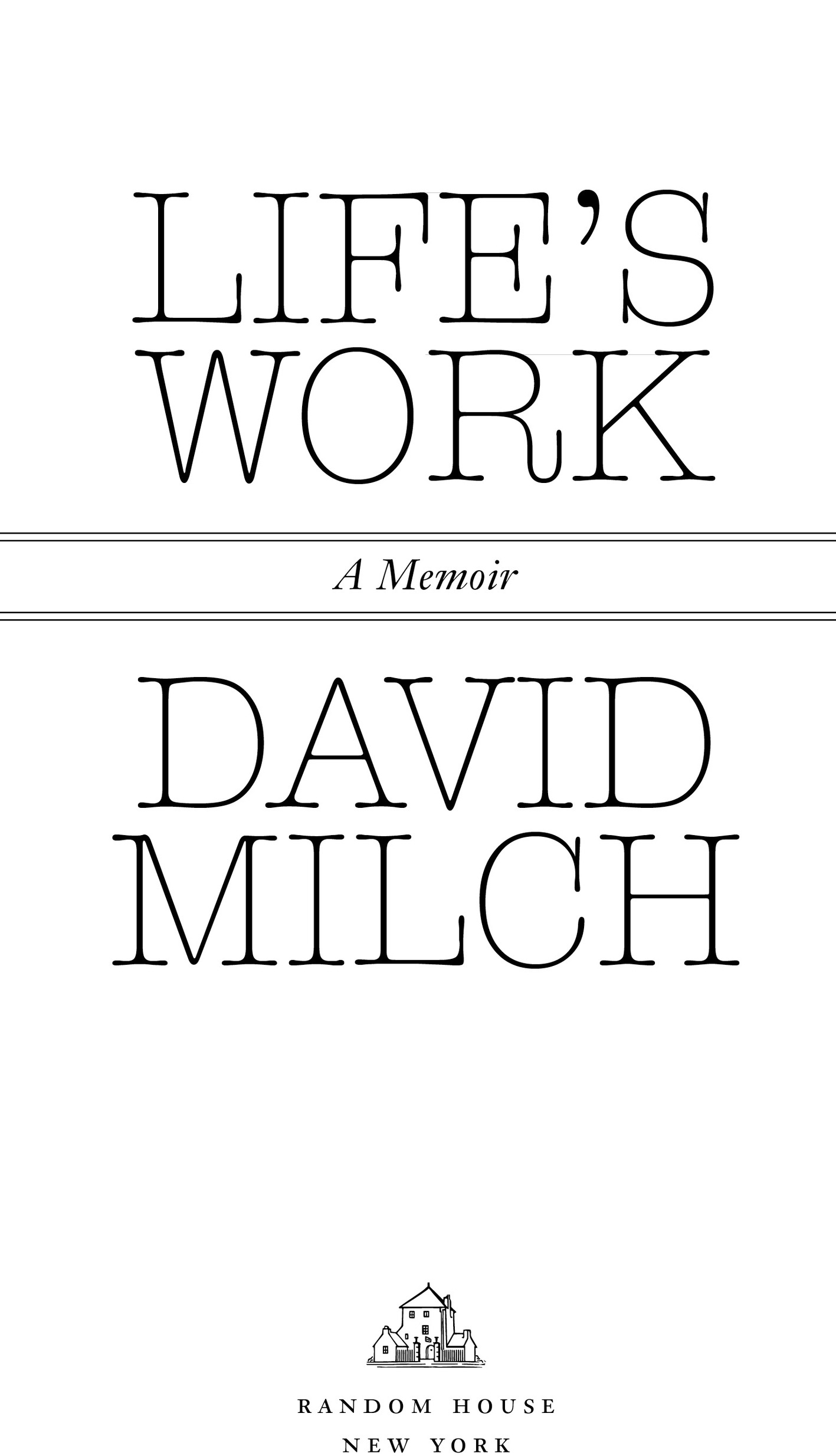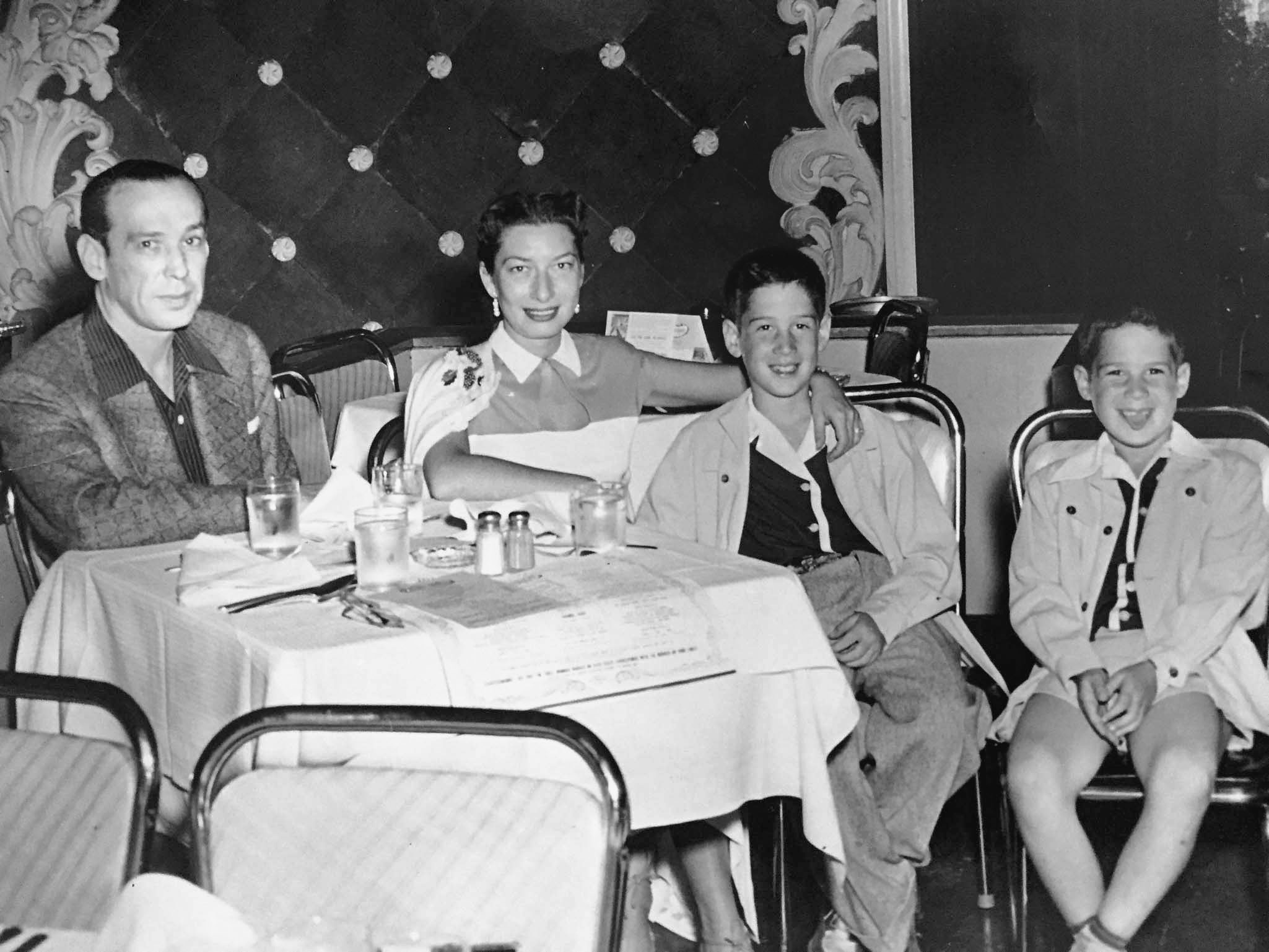Contents
Landmarks
Print Page List
Copyright 2022 by Red Board Productions, Inc.
All rights reserved.
Published in the United States by Random House, an imprint and division of Penguin Random House LLC, New York.
R andom H ouse and the H ouse colophon are registered trademarks of Penguin Random House LLC.
Library of Congress Cataloging-in-Publication Data
Names: Milch, David, author.
Title: Lifes work: a memoir / David Milch.
Description: First edition. | New York: Random House, 2022.
Identifiers: LCCN 2022004572 (print) | LCCN 2022004573 (ebook) | ISBN 9780525510741 (hardcover) | ISBN 9780525510758 (ebook)
Subjects: LCSH: Milch, David, 1945- | Television writersUnited StatesBiography. | Television producers and directorsUnited StatesBiography.
Classification: LCC PN1992.4.M555 A3 2022 (print) | LCC PN1992.4.M555 (ebook) | DDC 791.4302/32092 [B]dc23/eng/20220503
LC record available at https://lccn.loc.gov/2022004572
LC ebook record available at https://lccn.loc.gov/2022004573
Ebook ISBN9780525510758
Photographs on are by William Ferris, William R. Ferris Collection, Southern Folklife Collection, The Wilson Library, University of North Carolina at Chapel Hill.
randomhousebooks.com
Book design by Simon M. Sullivan, adapted for ebook
Cover design: Greg Mollica and Oliver Munday
ep_prh_6.0_140847919_c0_r0
Tell me a story.
In this century, and moment, of mania,
Tell me a story.
Make it a story of great distances, and starlight.
The name of the story will be Time,
But you must not pronounce its name.
Tell me a story of deep delight.
Robert Penn Warren
Prologue
Im on a boat sailing to some island where I dont know anybody. A boat someone is operating, and we arent in touch.
Sometimes if youve been unwell and in the hospital and they arent yet sure whats wrong with you, waiting to find out what tests have to be done for them to understand whats wrong, you experience that fundamental uncertainty about the state of your relation to the world. Am I about to leave it? You feel so provisional in your connection to what youre experiencing.
Im losing my faculties. Things seem a continuous taking away. Wake, dont know if its night or day, or whether to trust the processes of your own body to function. Youre not sure where you are, obsessively rehearse what you think might be your obligations, to be certain youre remembering what you need to do or know. You act like you know what someone is talking about when you have no fucking idea. Youre just impersonating who you used to be.
My brain has amyloid plaque, they can number how much. The plaques compound. Palliatives slow the spread but nothing arrests it.
I get up at three in the morning, defiantly night. Even the dogs have different personalities. Its a growing solitude. I wonder, and not infrequently, Is it gone for good? My mind. And the only answer you get is an answer in that moment. It doesnt hold on. But thats the whole human contract. Seen so, all of this is gone already. Somebodys dealing and you have no choice but to play.
So to take on at this juncture, under these circumstances, the challenge of trying to see things as clearly as possible, identify certain recurring patterns and joys and tragedies, is a blessing. It increasingly seems that life is something that happens to you and art the opportunity to understand whats transpired. You need only to be brave.
Im intimidated and concerned about limitations my health will impose on writing this book, an ongoing process of discovery. Compounding the intrinsic solitude is the deterioration of a sense of readiness and organization, so theres a necessary continuous reconstitution. Of the process of composition, Robert Penn Warren wrote, This is the process whereby pain of the past in its pastness may be converted into the future tense of joy. And what hes talking about is this process in which, in its seeming irrecoverability, every kind of pain, brought once again to life, is transformed.
Though Id be grateful to accomplish some overview or summation, I flinch from that presumption. The patterns and urgencies and imperatives will reveal themselves. The very idea of not knowing as an organizing principle is to be accepted with a proper humilitythat its a privilege not to know and be given a chance to find out. Youre always aware theres an irreducible mystery that at best youre going to approach but never going to capture. And reverence for the mystery is itself the organization of the story. My story.
Writing for television rewards the balancing of runnersstories initiated in earlier episodeswith material generated within the episode at hand. Those concerns can be extrapolated into much larger themes about the relation of the past to the present. I imagine there will be some of that here. Certain reoccurrences and repetitions. Also, Im losing my mind, so that might account for some of it.
At points as you read you might think, Well, pretty good recall for a guy with Alzheimers, so I should clarify here that in many cases its not my current recollection, but a past recollection of mine being shared with me now by my family, who are helping me compose this book. About twenty years ago, my wife began a practice of having my writing process recorded and then having all of the recordings transcribed. We have been going through those materials, pulling out different pieces and moving them around, telling the story together. That is not so different from how Ive written most thingsin many drafts, through collaboration, over time. My collaborators now being my family, my wife and children, is its own gift in this process. It will also necessarily alter what might have been had I done it alone. I have struggled to notice whats happening around me throughout my life, so in that sense their witness has also provided useful clarification. After John Milton lost his eyesight, he would dictate to his daughters and they would write it down. Thats how he wrote Paradise Lost. We dont know what happened in that exchange either. Would that it were only my eyes.
We know nothing comes easily in terms of being loyal both to the past and the present. To show the proper weight of the past as its experienced in the present and how the present goes on, on its own termsthats the most difficult challenge in the world. Without getting too metaphysical, the weight of the distances and differences that time makes between characters as theyre experienced in the present is inevitably the proper theme of storytelling.
Theres a poem by T. S. Eliot:
We shall not cease from exploration
And the end of all our exploring
Will be to arrive where we started
And know the place for the first time.
Contents
1.
Peace Bridge
My folks were married when my mom was twenty-two, young for sure. My dad was, relatively speaking for that day and age, senior, at thirty-four.
Mom was a small-town girl, grew up in Batavia, about forty miles outside of Buffalo. Very provincial. Her parents had a furniture store adjoining their house so my grandfather would just walk out one door and in another. The stores still around. There were six children of whom she was the baby. She had four brothers and a sister. That was an identifiable dynamicshe was spoiled and they were all very protective of her. The boys were much less cosmopolitan than the girls. Batavia in those days, ten thousand people, wasnt a city at all. There was that fierce parochialism that you get in a small town. They were defensive

